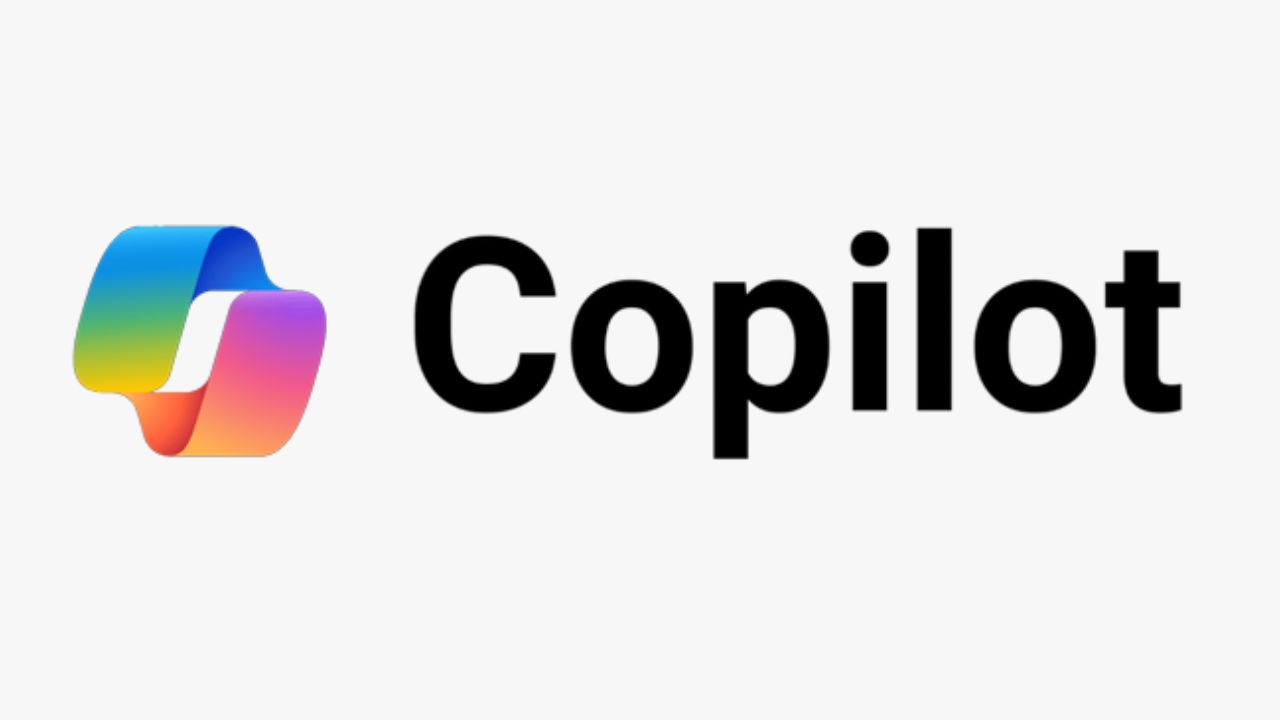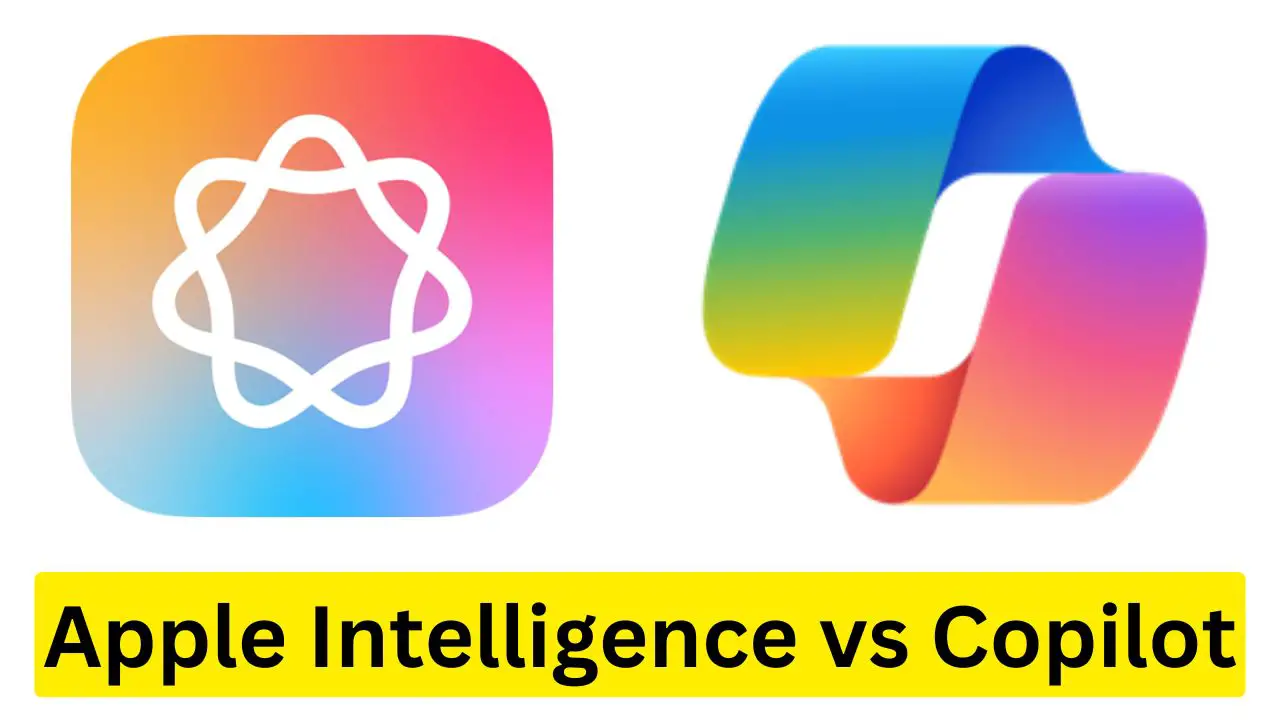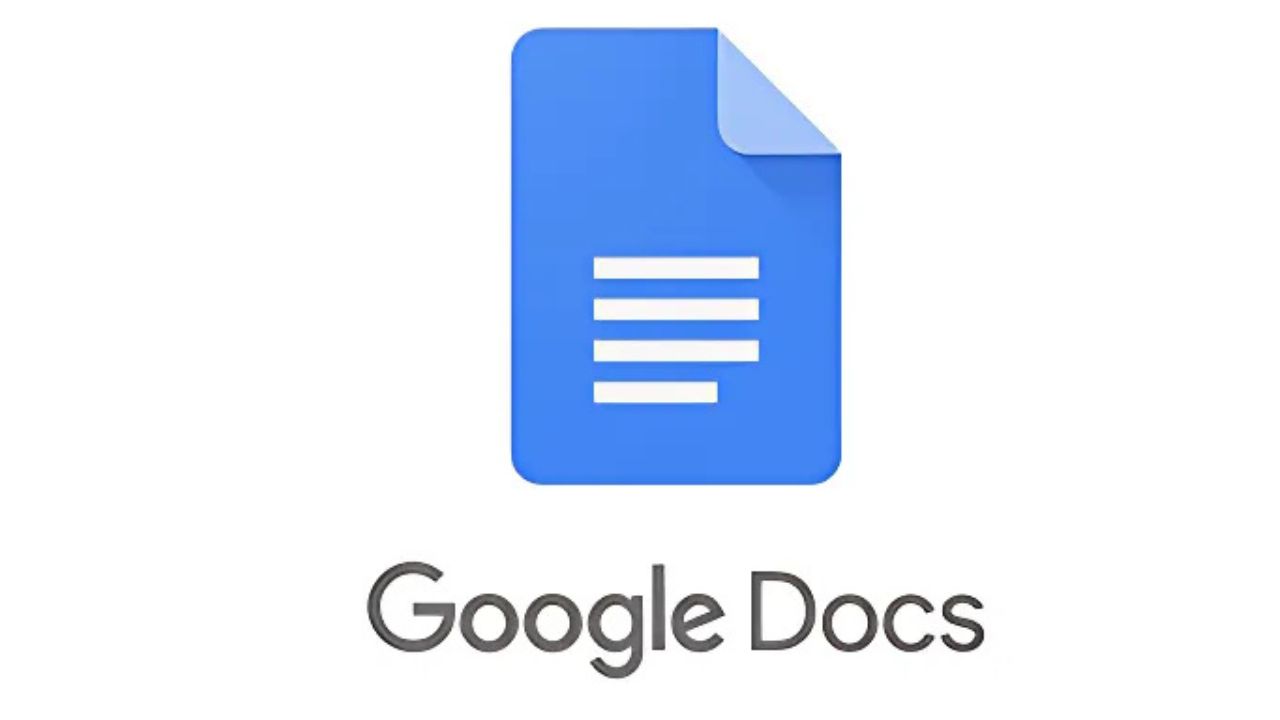In the realm of artificial intelligence (AI) tools, Apple and Microsoft have emerged as key players with their unique offerings. While Apple Intelligence focuses on seamless ecosystem integration and privacy, Microsoft’s Copilot is designed for productivity and collaboration within its software suite. Let’s dive into the features, strengths, and limitations of both to help you decide which aligns with your needs.
Understanding Apple Intelligence
Apple Intelligence leverages AI to enhance user experience across its devices and services. Here’s a closer look:
Key Features
- Siri and Personalization: Apple uses AI in Siri for voice commands, reminders, and personal assistance, offering deep integration across iPhones, iPads, Macs, and the Apple Watch.
- On-Device Processing: Apple prioritizes user privacy by processing data on the device rather than in the cloud, reducing exposure to breaches.
- Seamless Ecosystem: AI enhances features like Handoff, Universal Clipboard, and AirDrop, ensuring that tasks flow effortlessly between devices.
- Health and Wellness: Apple integrates AI in health monitoring, like fall detection, ECG analysis, and sleep tracking through the Apple Watch.
Strengths
- Privacy-Centric: Apple’s commitment to user data protection is unparalleled, thanks to features like App Tracking Transparency.
- User-Friendly Ecosystem: Designed for users heavily invested in Apple devices.
- Innovation in Accessibility: AI-driven features like VoiceOver and AssistiveTouch cater to differently-abled users.
Limitations
- Limited Cross-Platform Compatibility: Works best within the Apple ecosystem.
- Less Versatile for Developers: Apple’s AI tools have fewer customization options compared to competitors.
Microsoft Copilot: Revolutionizing Productivity

Copilot is Microsoft’s AI-powered assistant embedded within its popular Office 365 suite and Windows 11.
Key Features
- Deep Integration with Office Apps: Copilot works within Word, Excel, PowerPoint, and Teams to automate repetitive tasks, create content, and generate insights.
- AI-Powered Chat: In Teams, Copilot simplifies meetings with real-time transcription, task assignments, and summarization.
- Data Insights: In Excel, Copilot analyzes complex data sets, making predictive analytics accessible to non-experts.
- Developer Support: Offers APIs and integrations for businesses to build custom solutions.
Strengths
- Productivity Booster: Ideal for businesses looking to save time and automate tasks.
- Cross-Platform Access: Available across Windows, Mac, and mobile devices.
- Scalable for Enterprises: Designed to meet the demands of businesses of all sizes.
Limitations
- Cloud Dependency: Heavily reliant on internet access, posing privacy concerns for sensitive data.
- Learning Curve: Advanced features may require training to use effectively.
Head-to-Head Comparison
| Feature | Apple Intelligence | Microsoft Copilot |
|---|---|---|
| Privacy | Superior with on-device AI | Cloud-dependent, less private |
| Productivity | Limited to personal tasks | Tailored for business workflows |
| Device Integration | Seamless within Apple devices | Cross-platform compatibility |
| Customization | Minimal | Highly flexible for businesses |
| Target Audience | Individual users | Enterprises and professionals |
Which One Should You Choose?
- Choose Apple Intelligence if:
- You value privacy above all else.
- You already own multiple Apple devices and want an integrated experience.
- You prioritize health, wellness, and accessibility features.
- Choose Microsoft Copilot if:
- You’re a professional or business user focused on productivity.
- You need cross-platform tools that integrate with popular software like Office 365.
- You seek advanced automation and data analytics.
The Future of AI: Collaboration or Competition?
Both Apple and Microsoft are pushing the boundaries of AI in their unique ways. Apple focuses on improving everyday interactions within its ecosystem, while Microsoft emphasizes enhancing workplace efficiency. As AI continues to evolve, the distinction between personal and professional tools may blur, creating opportunities for collaboration between these tech giants.
Final Thoughts
Whether you lean towards Apple Intelligence or Microsoft Copilot depends on your needs. Apple dominates in privacy and ecosystem integration, while Copilot is a powerhouse for business productivity. Both have carved their niches, ensuring that users benefit from AI regardless of their choice.
Apple Intelligence vs Microsoft Copilot
Watch this:-




